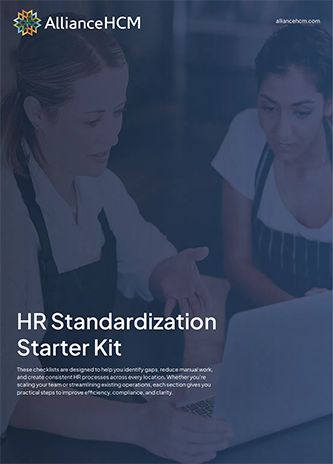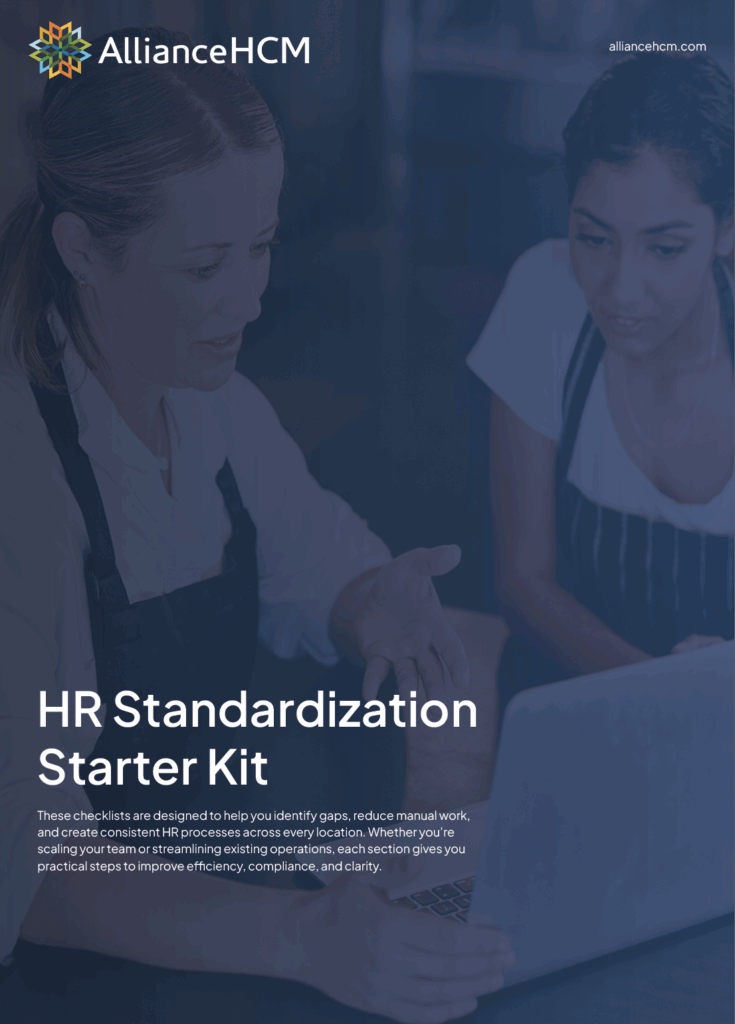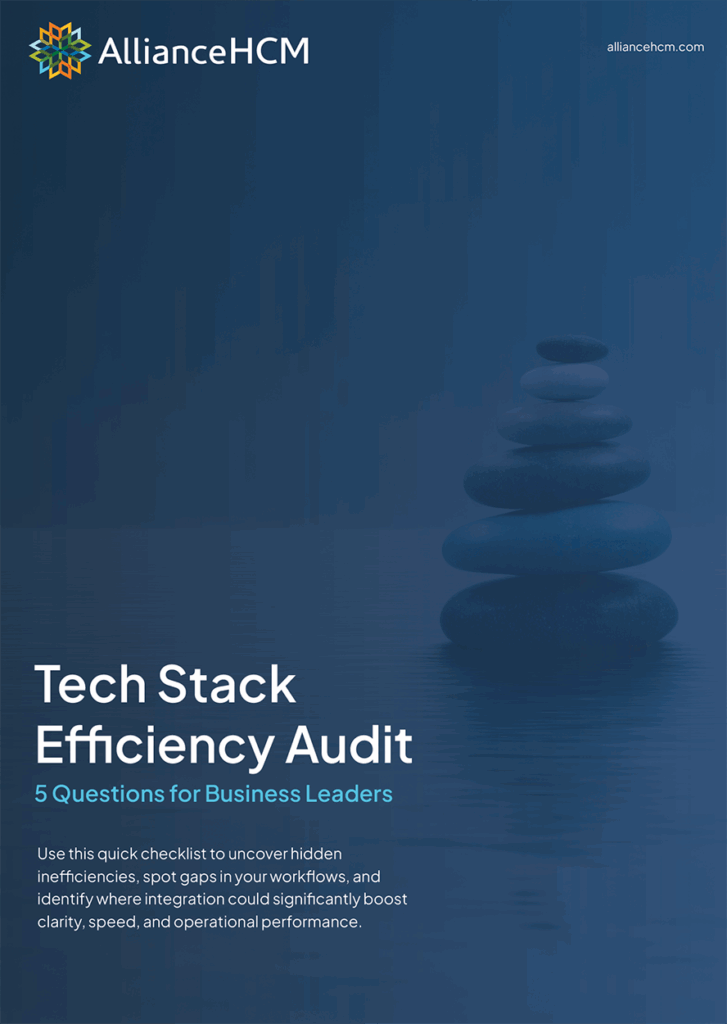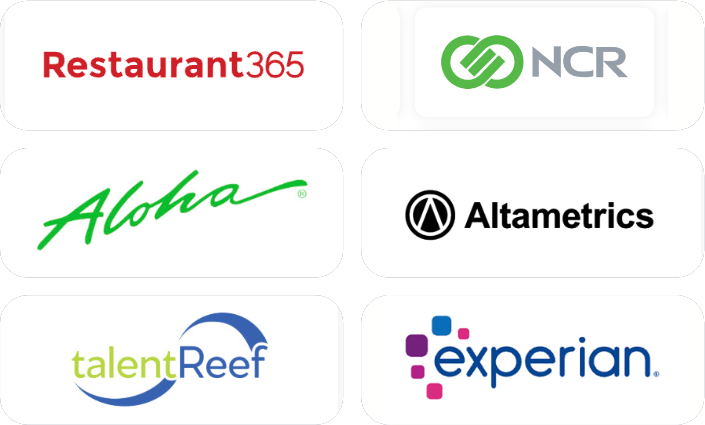Key Takeaways
- Flexible Recruitment and Selection: Implement adaptable recruitment strategies to efficiently attract and screen gig workers.
- Legal and Regulatory Compliance: Stay informed about labor laws to ensure compliance and mitigate legal risks when managing freelancers and contractors.
- Effective Onboarding Processes: Create streamlined, robust onboarding procedures tailored for gig workers to enhance integration and productivity.
- Engagement Through Technology: Leverage HR technology for communication, payroll management, and performance tracking to maintain engagement and efficiency.
- Competitive Compensation and Opportunities: Offer enticing compensation packages and career development opportunities to attract and retain top freelance talent.
What is the gig economy?
The gig economy refers to a labor market characterized by short-term contracts or freelance work as opposed to permanent jobs. This model has seen exponential growth in recent years, driven by digital platforms like Uber, Upwork, and Fiverr that connect gig workers with clients and customers. Unlike traditional employees, gig workers have greater flexibility to choose their tasks, work schedules, and employers, creating a dynamic and fluid workforce.
Growth of the gig economy by gross volume
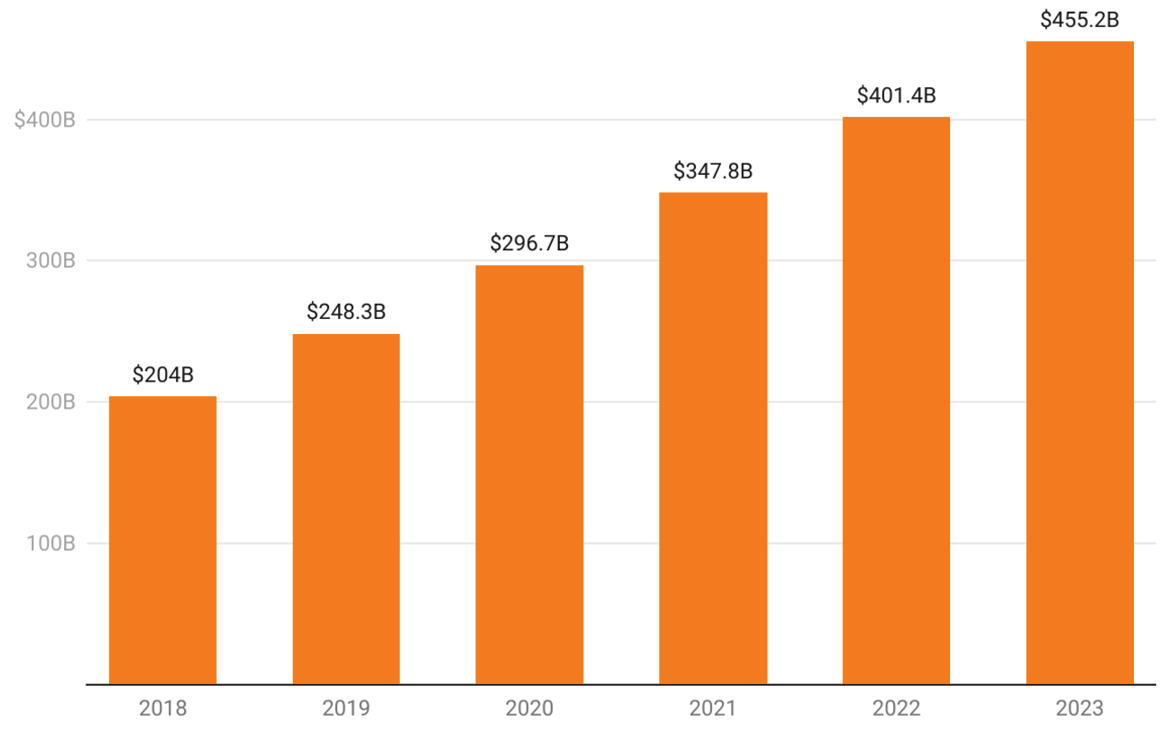
Source: Statista Research Department
Why should you care about the gig economy?
For businesses, especially small and medium-sized enterprises (SMEs), embracing the gig economy can translate to significant opportunities and advantages. The flexibility can help you rapidly scale your operations, bring specialized skills into your organization at a lower cost, and stay agile in a competitive market. It also allows businesses to adapt quickly to changing market demands without the long-term commitments associated with traditional employment contracts.
However, this flexibility comes with its own set of challenges. Effectively managing a gig workforce requires a rethinking of traditional HR practices to accommodate the unique needs of freelancers and contractors. This includes establishing efficient onboarding processes, maintaining compliance with labor laws, and integrating advanced HR technologies.
Ultimately, understanding and navigating the gig economy can position your business for greater resilience and growth. By harnessing the potential of freelancers and contractors, you can tap into a diverse talent pool, drive innovation, and sustain your competitive edge in today’s fast-paced business environment.
Quick Facts:
- Growing Segment: Nearly 36% of the U.S. workforce is involved in the gig economy, and this number continues to rise annually.
- Economic Impact: The gig economy contributes approximately $1.4 trillion to the U.S. economy every year.
- Diverse Roles: Gig workers engage in a wide range of roles, from IT and graphic design to writing, driving, and manual labor.
- Contingent Workers: Businesses employing gig workers save up to 30% on employment costs due to reduced benefits and overhead.
- High Satisfaction: Around 79% of freelancers report greater job satisfaction compared to traditional employees.
- Regulatory Landscape: Misclassifying employees as freelancers can lead to significant legal penalties and back taxes.
- Adoption Rate: Over 90% of companies utilize freelance or contract workers to some degree.
McKinsey & Company. (2023). What is the gig economy? McKinsey
Upwork. (2023). Freelance Forward: 2023. Upwork
HR Challenges in the Gig Economy
Legal and Regulatory Compliance
One of the foremost challenges in the gig economy is ensuring adherence to labor laws and regulations. Misclassifying workers can lead to significant legal repercussions, including fines and back pay for wages and benefits. Therefore, it’s crucial to accurately distinguish between employees and independent contractors to mitigate these risks. Proper classification impacts not just payroll taxes but also worker entitlements and protections.
Managing Remote Workers
Freelancers frequently operate remotely, which can foster a sense of isolation from the company. Challenges include maintaining open lines of communication, facilitating collaboration, and ensuring that remote workers feel a part of the organizational culture. Leveraging digital tools like Slack or Microsoft Teams can help bridge these gaps and sustain engagement among a dispersed workforce. Additionally, regular virtual check-ins and team-building activities can help remote workers feel more connected.
Income Stability and Benefits
Gig workers often grapple with income instability and generally lack traditional employment benefits such as health insurance, paid time off, and retirement plans. This lack of financial security can lead to high turnover rates, affecting long-term projects and creating gaps in crucial tasks. Offering benefits packages that include options for health insurance, retirement savings, and paid leave can improve worker loyalty and stability. Furthermore, financial planning resources can assist gig workers in managing irregular incomes.
Performance Management
Traditional performance management frameworks may not be well-suited for gig workers who typically engage in short-term, project-based tasks. Continuous feedback and milestone-based evaluations are more effective than annual reviews in this context. Utilizing key performance indicators (KPIs) aligned with project deliverables can help ensure accountability and recognize contributions. Implementing regular check-ins and feedback loops helps to maintain high performance and align worker output with company goals.
Opportunities in the Gig Economy
Flexibility and Agility
The gig economy offers businesses the ability to swiftly scale their workforce in response to fluctuating demands. While some industries, such as hospitality, may face challenges as gig workers prefer flexible positions over traditional roles, the gig economy can still provide significant benefits. For sectors with variable workloads, like retail and quick-service restaurants (QSR), the flexibility of gig work can help manage staffing needs efficiently. Although our QSR clients often experience increased attrition rates due to the allure of gig positions, the adaptability that gig workers bring can still be a valuable asset when managed effectively. Every company should consider whether gig workers can be a strategic component in meeting their business goals.
Access to Specialized Skills
Freelancers and contractors often possess niche, highly specialized skills necessary for specific projects. This allows businesses to meet particular needs without committing to long-term employment, making it simpler to source the right expertise promptly.
Cost Efficiency
Hiring gig workers can result in notable cost savings. Businesses can reduce expenses by not providing long-term salaries, benefits, and other employee-related costs. This is particularly beneficial for startups and small businesses striving to remain lean.
Diverse Talent Pool
The gig economy provides access to a global talent pool, enabling businesses to hire individuals with diverse backgrounds and fresh perspectives from anywhere in the world. This diversity can foster more creative solutions and a broader array of ideas.
Strategies for Effective Management
Implement Robust Onboarding Processes
Having a structured onboarding process enables freelancers and contractors to quickly understand project requirements and company policies. Automating this process can enhance efficiency and lessen the administrative burden, allowing HR managers to concentrate on strategic tasks. Additionally, providing an in-depth orientation that covers company culture, tools, and expectations can significantly enhance integration and performance.
For more information, explore our talent acquisition and onboarding solutions to streamline your recruitment processes and ensure seamless onboarding for your freelancers and contractors.
Leverage Technology for Engagement
In the modern gig economy, managing freelancers and contractors effectively is paramount for maintaining a dynamic and productive workforce. Various HR management systems (HRMS) can offer essential tools to streamline these processes. These systems typically provide robust solutions for regular check-ins, virtual team meetings, and the use of collaboration tools—key elements for keeping freelancers engaged and aligned with your company’s objectives.
Specifically, AllianceHCM’s MyPay solution stands out as a comprehensive solution that offers a range of features designed to track productivity and maintain seamless communication within remote teams. By leveraging MyPay, businesses can enhance engagement, boost project efficiency, and create a cohesive working environment.
Offer Competitive Compensation and Benefits
Even though freelancers generally do not receive traditional benefits, providing perks such as bonuses for outstanding performance, access to learning materials, and networking opportunities can be crucial in attracting and retaining top talent. Consider offering pro-rated benefits or project-based incentives to create a more compelling proposition for gig workers.
Ensure Clear Communication
Establish clear communication channels and set expectations for response times and project updates. Utilizing tools like Slack or Microsoft Teams can streamline interactions and promote transparency. Make sure your company also has clear guidelines about what kind of communication is appropriate in different channels; for example, should your company allow scheduling change conversations to happen via text message during any hour? Clear guidelines will help prevent misunderstandings and cultivate a productive working relationship.
Promote Inclusivity and Integration
Incorporate freelancers into your company culture by inviting them to partake in team meetings, company events, and training sessions. This not only makes them feel valued but also enhances their understanding of your firm’s mission and values, aligning their work more closely with company objectives.
Ensure Compliance with Payroll and Tax Regulations
Ensuring compliance with payroll and tax regulations is paramount when managing freelancers and contractors. The complexities of federal, state, and local tax laws can pose significant challenges. Utilizing a reliable payroll service, such as AllianceHCM, can streamline the process, reduce errors, and ensure timely tax submissions. Additionally, automated payroll systems can help track hours worked, generate accurate invoices, and maintain meticulous records, safeguarding your business from potential audits and penalties.
Provide Opportunities for Career Development
Providing professional development opportunities to gig workers can significantly boost their loyalty and enhance project outcomes. Offering training sessions, e-learning modules, and certifications not only improve freelancers’ skill sets but also demonstrate your commitment to their career growth. For example, AllianceHCM’s Learning Management System (LMS) is crafted to offer seamless and effective training programs. It allows you to provide structured development opportunities tailored to the needs of your gig workforce, ensuring they remain engaged and committed to delivering high-quality work.
Conclusion
As the gig economy continues to grow, traditional job roles are undergoing significant transformation. In this dynamic environment, roles are becoming more project-based, fluid, and defined by specific skill sets rather than job titles. This shift requires businesses to rethink how they define and allocate tasks, moving away from rigid job descriptions to more flexible roles that can adapt to changing business needs.
To navigate this change, HR professionals must develop a keen understanding of the gig economy’s unique demands. This involves creating role definitions that focus on deliverables and outcomes rather than specific duties, enabling freelancers and contractors to leverage their specialized skills in the most effective way. By aligning role expectations with the capabilities of gig workers, companies can foster a more agile and responsive workforce.
AllianceHCM offers comprehensive HR solutions to help businesses adapt to these evolving role definitions. Our tools and resources are designed to support your efforts in crafting job roles that meet the contemporary demands of the gig economy, ensuring your business remains competitive and efficient.
